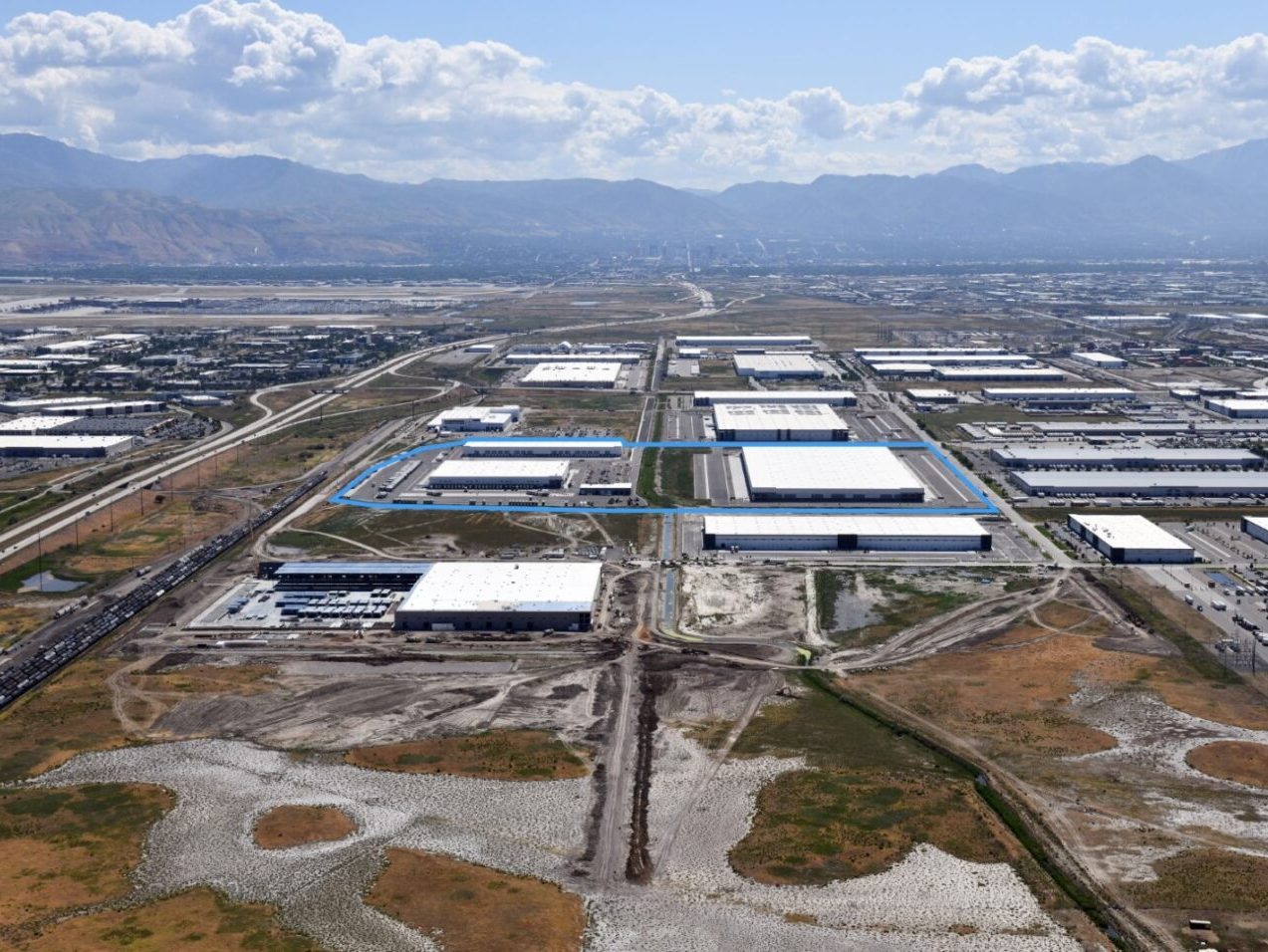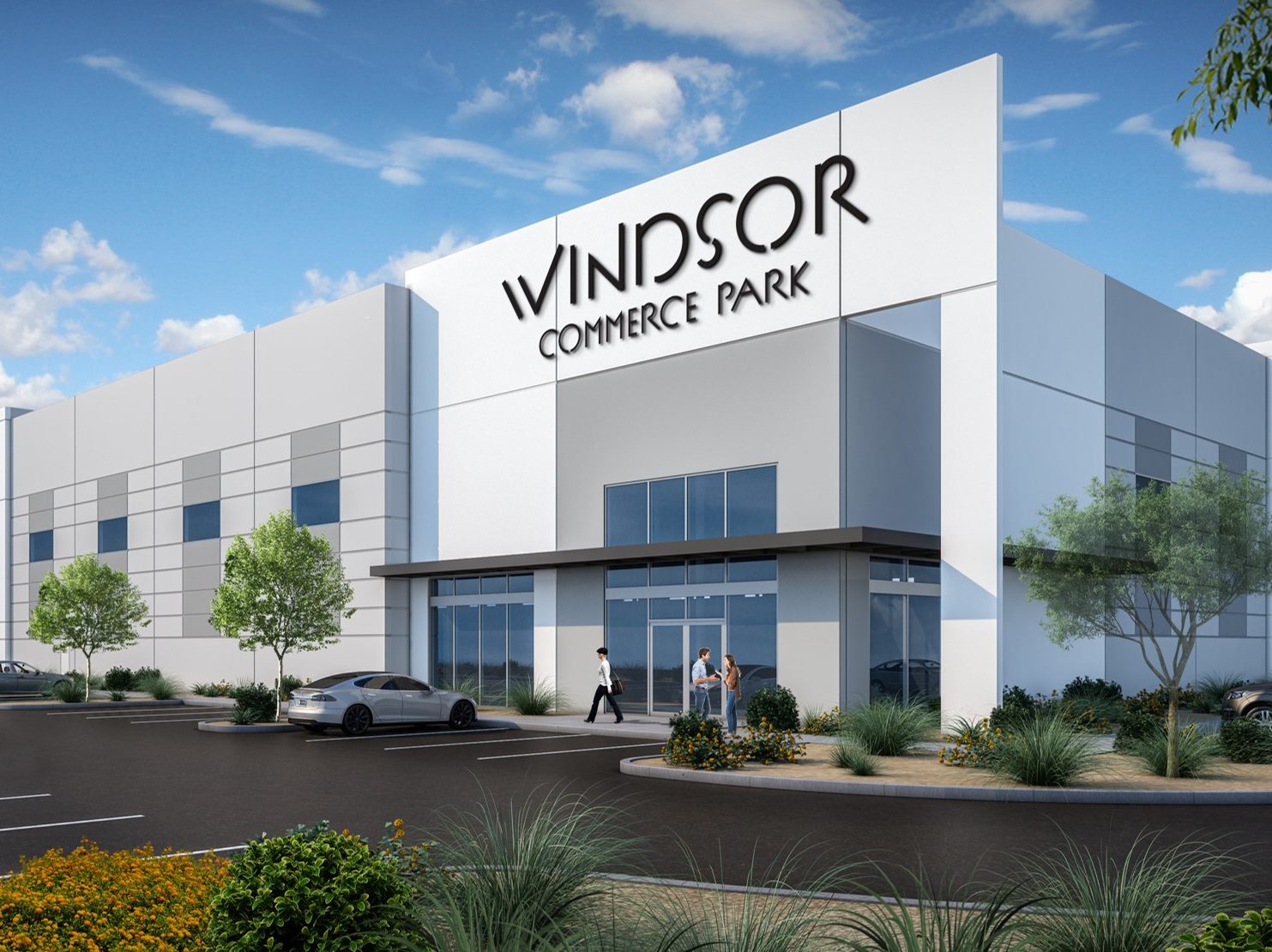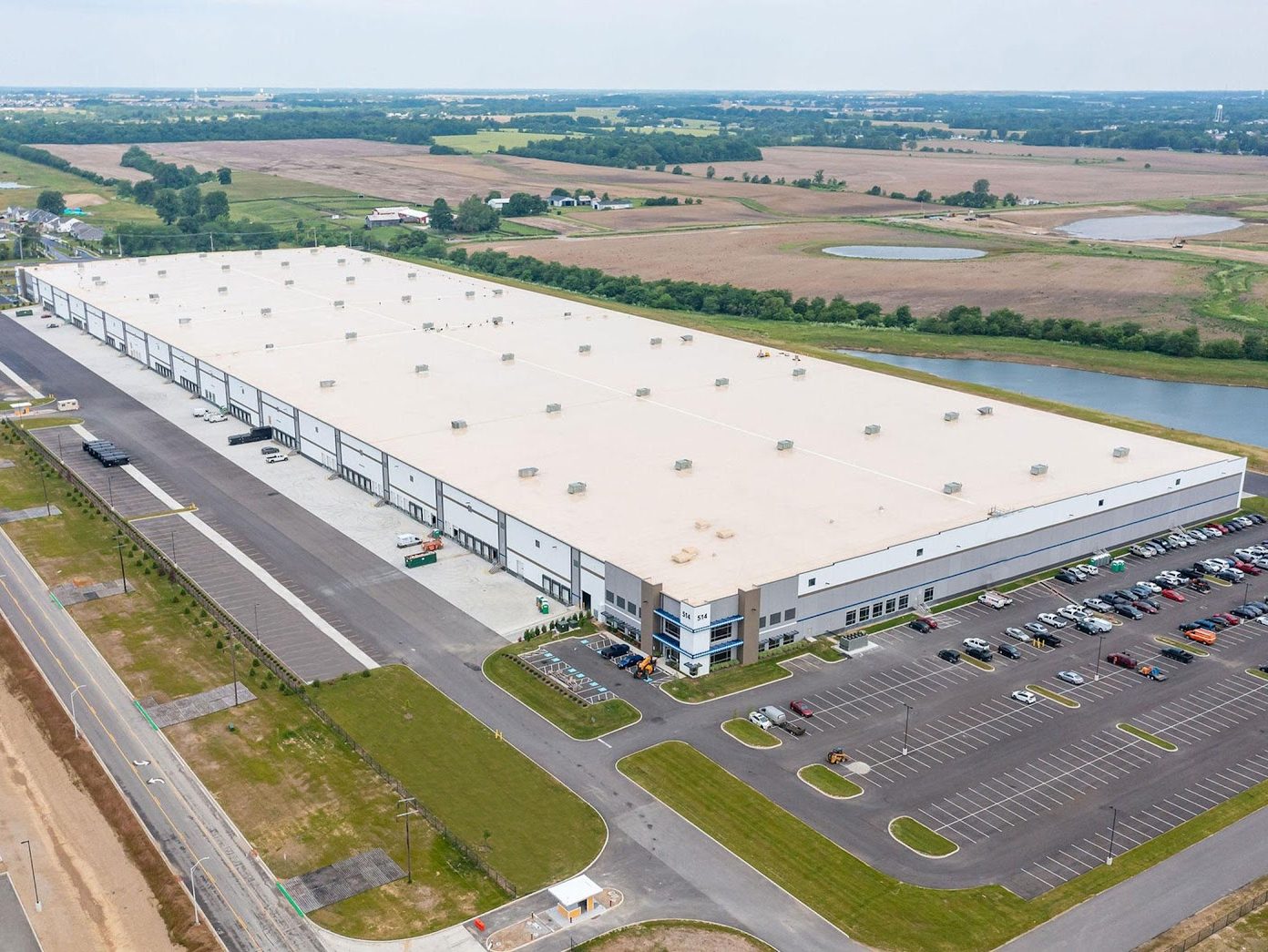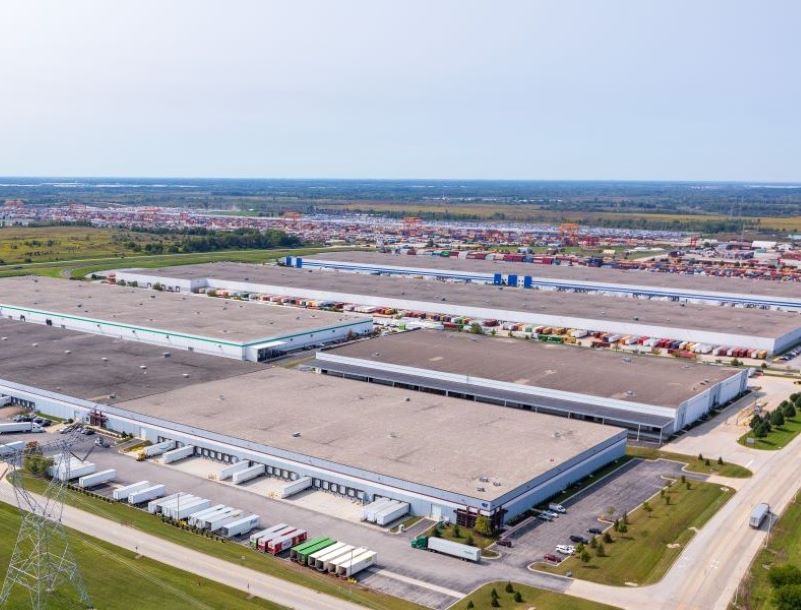Tech Office Users Branch Out
With companies vying for the diminishing pool of available office space in North America’s top tech neighborhoods, surrounding submarkets are primed to benefit from the overflow of demand, according to CBRE’s annual Tech-30 report.
By Barbra Murray
Tech companies are willing to dig deep into their pockets for premier space in premier tech submarkets, but the ever-dwindling availability of such accommodations will spur new demand in non-traditional tech neighborhoods, according to CBRE’s new Tech-30 report.
“The consistent expansion by tech firms has led to outgrowth from the top tech submarkets into neighboring submarkets and often high-rise CBD submarkets,” Colin Yasukochi, director of research and analysis for CBRE Inc. and the report’s author, told Commercial Property Executive. “Tech firms are adapting well to vertical building and high-density environments that often provide great transportation and amenity options for employees. This is a significant change in recent years from the brick-and-beam buildings and more suburban locations preferred by tech firms.”
The leading tech submarket with the least amount of free elbowroom is suburban Boston’s East Cambridge, where the office vacancy rate is just 3.3 percent. Tech neighborhoods in Palo Alto, Calif., and Mount Pleasant/False Creek in Vancouver, are highly constrained as well, with vacancy rates of 3.7 percent and 4 percent, respectively.
TECH MARKET GROWTH
The tech industry is anything but low on job growth. Canadian markets made a good showing in this year’s Tech-30 report, with Toronto, Vancouver and Montreal increasing their tech employment base by double digits, outpacing the U.S. average. However, nowhere is tech-industry job growth more prevalent than in San Francisco. The city’s high-tech job base increased by a whopping 39.4 percent over the last two years, making it the top Tech-30 market for high-tech job growth—again. “One of the most surprising findings of the report was the continued growth leadership of San Francisco,” Yasukochi noted. “It has been the fastest growing market in terms of tech industry job growth for six consecutive years and shows no signs of relinquishing its position next year given the strong leasing activity by the tech industry during 2017.”
San Francisco may be turning heads in job growth, but other metros head the list in office sector rent growth. Thirteen markets recorded double-digit rent growth over the past two years, including Orange County, Calif., where rents rose 23.3 percent. Nashville takes the number-two spot with 21.2 percent rent growth.
THE New NEIGHBORHOODS
In addition to San Francisco’s performance, the report produced other results that CBRE researchers hadn’t anticipated, such as the increased growth of lower-cost markets in tandem with the tech industry venturing beyond the usual areas in search of talent. “This trend has benefitted Charlotte, Pittsburgh, Indianapolis, Phoenix and St. Louis,” said Yasukochi. “And as the tech industry has moved into original entertainment content creation, significant growth has occurred in the Los Angeles market, which moved up to seventh fastest growing in 2017 from 20th in 2016.”
There appears to be no end in sight to the tech industry’s mushrooming presence in the office market. As noted in the report, the tech industry has generated 1.1 million jobs since 2010, a rate four times faster than the average U.S. job creation rate. “Given this growth, the tech industry is the top industry leasing office space, with a 19 percent share of H1 2017 major leasing in the U.S.,” added Yasukochi.
Photo courtesy of CBRE








You must be logged in to post a comment.